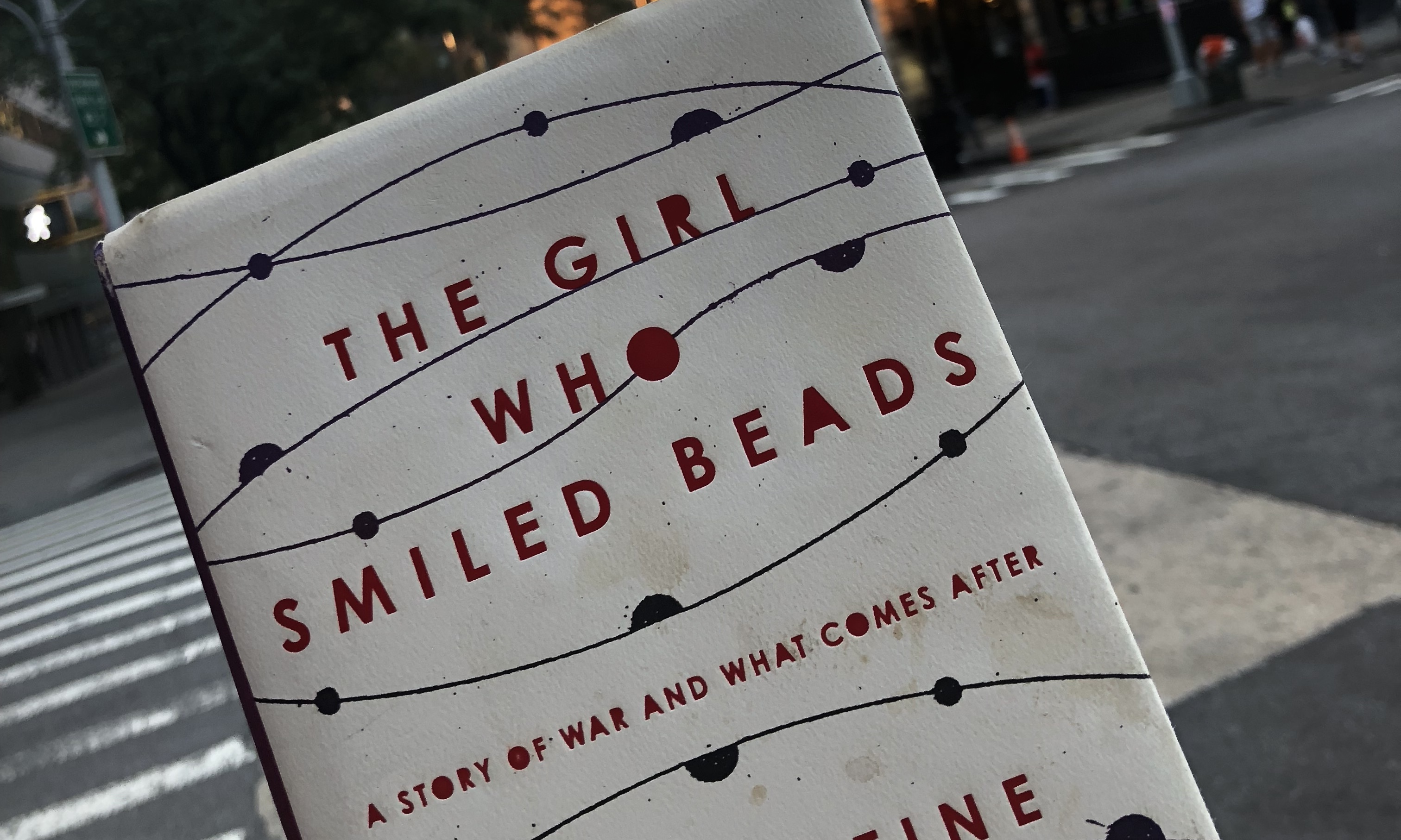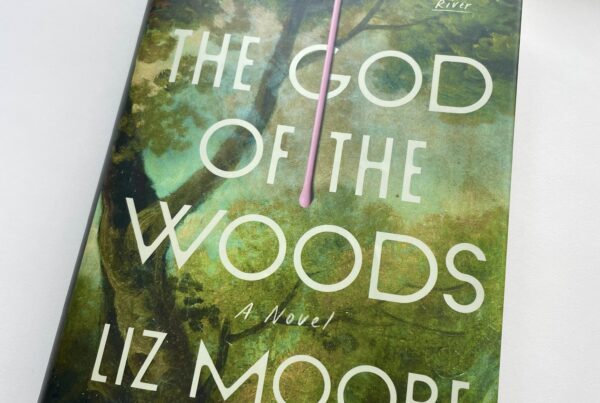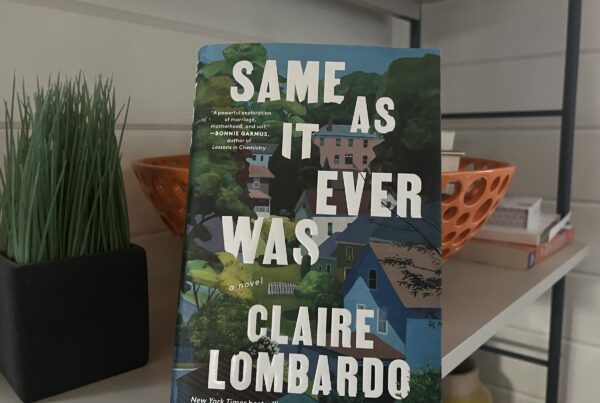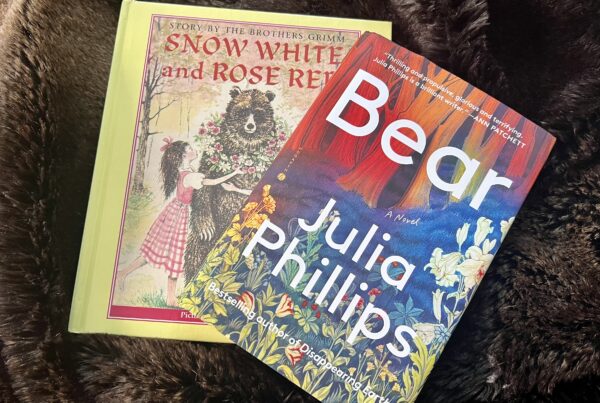a bookclique pick by Currie Engel
When I set out to write my book review, I’d already selected a fun, summer fiction read. But walking into my local bookstore in Greenwich Village three weeks ago, a display with the label “IMMIGRANT STORIES” made me pause. I wandered over and picked up Clemantine Wamariya’s memoir, intrigued by the promise of a compelling narrative. Recent news stories about illegal immigrants and detention centers were on my mind, and I wanted to see what Wamariya had to say.
The book’s subtitle, “A story of war and what comes after,” is only a partially accurate picture. We don’t really see the war. We just see the effects, the “after.” We see the six-year-old refugee picking worms out of her feet every night, and her twenty-year-old self sitting in the classroom of an elite boarding school, listening to her classmates naively discuss ethics. Each chapter alternates between Wamariya’s escape from Rwanda, her migrant years in Africa, and her experience in America. I followed Clemantine’s exquisite and excruciating journey, watching her starve — first, for food, and then, for an identity at Groton and Yale. Her transient nature, the one forced upon her by the warring Tutsis and Hutus, manifests itself in her American identity. Her journey extends beyond the arrival gates at the airport, becoming literal, metaphorical, personal and emotional.
This year in class, we discussed borders as not just a physical delineation, but a living, breathing, agonizing space of ambiguity. Borders are lived in and traversed. Instead of being on one side or another, you become both, carrying the unwieldy weight of conflict and bordered identity with you. Clemantine’s life was lived in these painful spaces between countries and languages, yet her bordered identity also allowed her to choose how her story would end, much like the way her nanny would let her decide the ending to the folk tale of “The Girl Who Smiled Beads” every time it was told.
In the end, Wamariya is not searching for justice or assimilation or even clarity about her past, but rather for the ability to confidently stand between borders and “give shape” to her world.




